|
After Thanksgiving, I did a double feature at AMC: Queen and Slim in the morning, and Knives Out almost immediately after. I’d never done a double feature, but I didn’t have much choice. Too many good movies come out in the holiday corridor and I don’t always have a spare Sunday to sneak out and see them.
Queen and Slim came on my radar, because I saw the trailer--online or in a theatre, I can’t remember. Queen and Slim is an R-rated romantic drama about a black couple who become accidental criminals and must flee the law. Right away, I liked the characters and the tense situation they found themselves in. The film fell off my radar for a while but came back when the reviews came in and some of my favorite movie pundits recommended the movie. The movie doesn’t waste time. It begins with a woman (Jodie Turner-Smith) and a man (Daniel Kaluuya) going on an awkward first date. Their names aren’t given until the very end, so I’m going to go off the title and call the woman Queen and the man Slim. Queen is a defense lawyer whose client just received a death sentence. She is guarded and aloof. Slim is an amiable, warm, religious man. The date does not go well. As Slim tries to drop Queen off, he gets pulled over and aggressively searched by a racist cop. Queen tries to record the cop on her cell phone, but the cop shoots her in the leg. A heated fight breaks out between Slim and the cop. Slim grabs the cop’s fallen gun and shoots him, half in defense, half by accident. The cop dies. Before the title card officially drops, they are on the run. My first reaction, fresh out of the theatre, was that Queen and Slim had a lot of elements that reminded me of a good fantasy movie (my favorite genre), even though it clearly wasn’t fantasy. Queen and Slim was an unexpected journey which ripped the characters out of their normal lives, brought them to interesting places and people, forged deep bonds, and forced them to contemplate deeper meanings of existence, destiny, and legacy. It was Romantic with a capital R. Not only did Queen and Slim fall in love, they expressed what love meant to them as individuals so beautifully and poetically, it made my heart twist. (Warning: Although I try not to spoil anything in particular, I do mention details that take place halfway through the movie. If you are sensitive to these thing, you may not want to read.)
0 Comments
When I was in high school, I saw a little movie called Gladiator. I loved it, but for all the wrong reasons. Rather than cheering for the (supposedly) heroic, stoic, and (in my opinion) boring Maximus (Russell Crowe), I found myself rooting for Commodus (Joaquin Phoenix), the murderous, incestuous, and emotionally turbulent villain of the story. I knew he would lose, but I didn’t care. He was interesting, and, despite all the bad stuff he did, I still related to him far more than the hero. Thus began my fascination with twisted, crazy, creepy, villainous characters who more often than not take the form of pale-skinned, blue-eyed brunettes.
Joker is the origin story of Batman’s greatest foe, set in a realistic version of 1980s Gotham. In it, Arthur Fleck (Joaquin Phoenix) is a mentally ill man, working a menial job as a party clown and taking care of his ailing mother, Penny Fleck (Francis Conroy). He has dreams of making it as a stand-up comedian and idolizes talk show host Murray Franklin (Robert De Nero). However, a series of events leads him down the path of violence, chaos, and villainous glory. Naturally, Joker was going to appeal to me. It’s a movie that takes the kind of character I always root for anyway and puts him in the spotlight. The fact that they got Joaquin Phoenix to star in it only made it that much more delicious to me. Before going into the movie, I was keenly aware of the supposed controversy surrounding the movie, about whether or not the Joker was the “patron saint of incels,” and whether this made Joker a movie we needed to watch or a movie to avoid at all cost. I watched it on Sunday of its opening weekend, and my reaction was, as usual, not the right one. I thought Joker was fun. I enjoyed it. I was thoroughly entertained. And because my reaction seems inappropriate, I feel the need to explain it. So here I go. First, and most obviously, I enjoyed Joker because Joaquin Phoenix did a heck of a job acting, and I was completely mesmerized by his performance. I could watch him over and over again. Second, I not only empathized with Arthur, I related to him, and there was no moment where he ever lost my sympathy. Third, within the specific context of this movie, moral justice is upheld—the wicked are punished, the powerless become powerful, and society achieves a warped sense of balance. In that way, the conclusion is emotionally satisfying. I think it’s ironic that most of the fuss revolves around what the movie says about society, how it will influence society, and whether it’s important to society. Joker isn’t a movie about society. It’s a movie about the individual. Joker portrays an individual breaking free from society, with all the joys and pains that liberation incurs. (Warning: The following analysis reveals key character deaths. If you have not seen Joker and want to be surprised, do not read ahead. You’ve been warned.) I had a headache.
Oh, I often have headaches, especially sinus headaches; they seem to strike with the changing of the seasons. But this one was far worse. It struck the left side of my head, like a metal spike protruding from my eye, going through my teeth, and ending down at the edge of my throat. It was bad, and it did not go away. Throughout the start of July, I struggled with this. My little sister lives with schizophrenia, social anxiety, and depression; has come close to killing herself at times; has been through divorce; has lost a child through miscarriage; and has been through an exhausting journey of self-discovery, which she wrote about in her book, The In-Between. As she spoke to me about dealing with the pain in her life, I told her about my headache. “Yes,” she said, with a laugh. “That’s what it’s like.” Surprised? Book Review of THE IN-BETWEEN: An Honest, if Imperfect Telling of a Life with Schizophrenia3/4/2019 Title: The In-Between
Author: Jaime Lang Genre: Memoir (Note: Jaime is my little sister. She did not ask me to review her work, but I wanted to share it anyway. She has made some revisions since I first read the book, which is not reflected in the review.) Summary Aramyst was supposed to lead an Exceptional-Normal life: to have a nice job, a nice family, and succeed in the American Dream. Then came the rumblings of schizophrenia, depression, and social anxiety, along with the burgeoning realization she was gay (or transgender?). Burdened with this double stigma, Aramyst struggles through the typical markers of young adulthood—friendships, first loves, and fitting in—with a loosening grip on reality and a “demon captain” urging her to suicide. It is only through making peace with herself that Aramyst is able to escape from “The In-Between,” a realm between real and unreal, life and death. Review This book isn’t really about being gay or having schizophrenia, so much as it is about the struggle to be honest with yourself. Unable to discern real from unreal, Aramyst learns to mistrust herself—that she is wrong and that everyone else is right. Coupled with an environment that sends the message that being gay is immoral, Aramyst comes to the conclusion that she is evil. She learns to hate and tries to destroy herself—ripping herself apart from the inside out. Although her journey is dramatic, the telling is simple, almost child-like at times. I was surprised by how much I could relate to this book. Who hasn’t had some inner, negative voice telling them all the ways they’re stupid and how they’ve messed up their lives? Who hasn’t wanted to destroy the undesirable parts of themselves, pretend they don’t exist, will them out of existence? I felt compelled by the author’s honest voice and it wanted to keep reading, even through the painful stuff. |
Rebecca LangWriter. Critic. Dreamer. Archives
January 2021
Categories
All
|
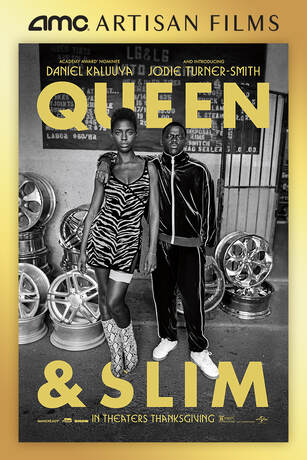

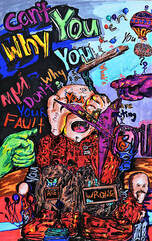
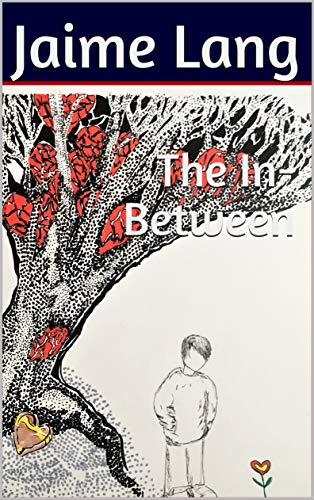
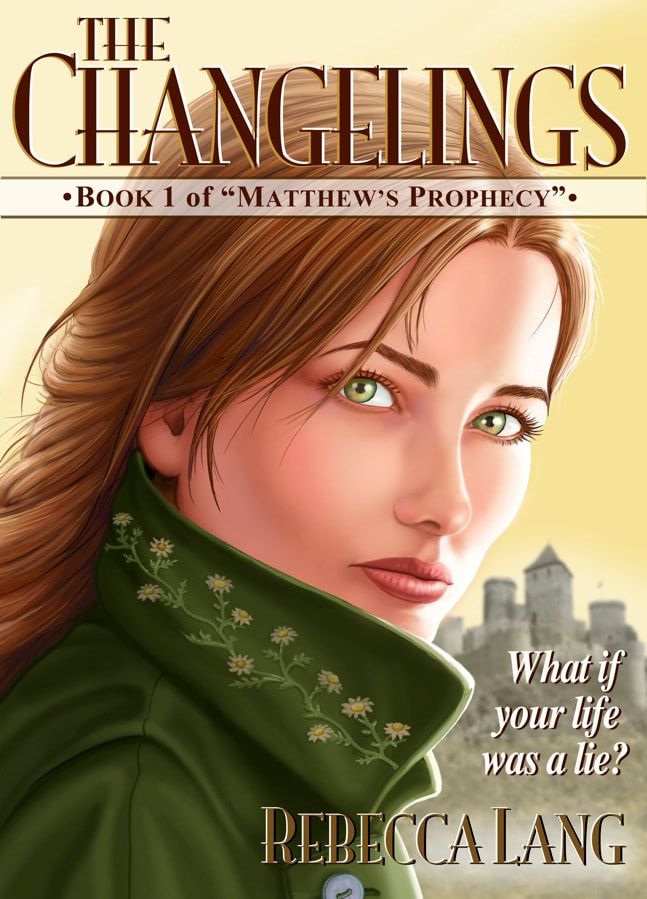
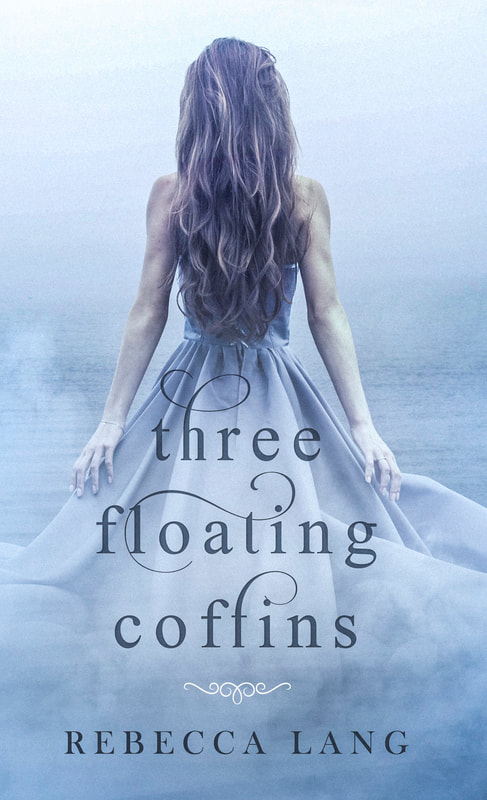
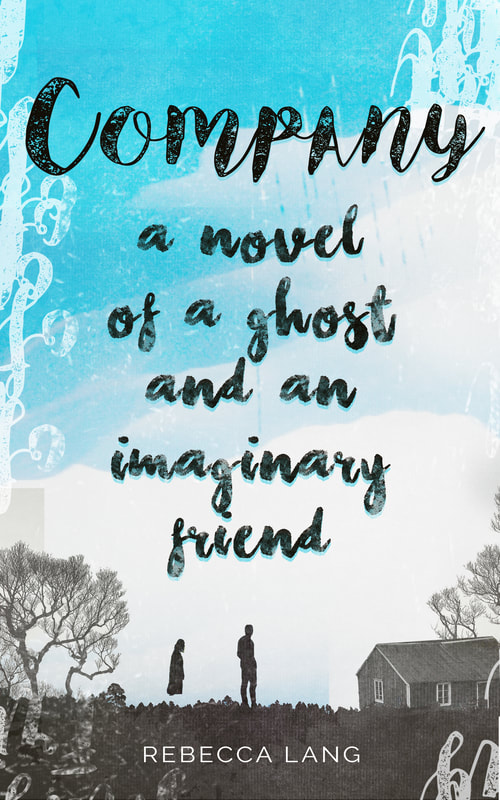
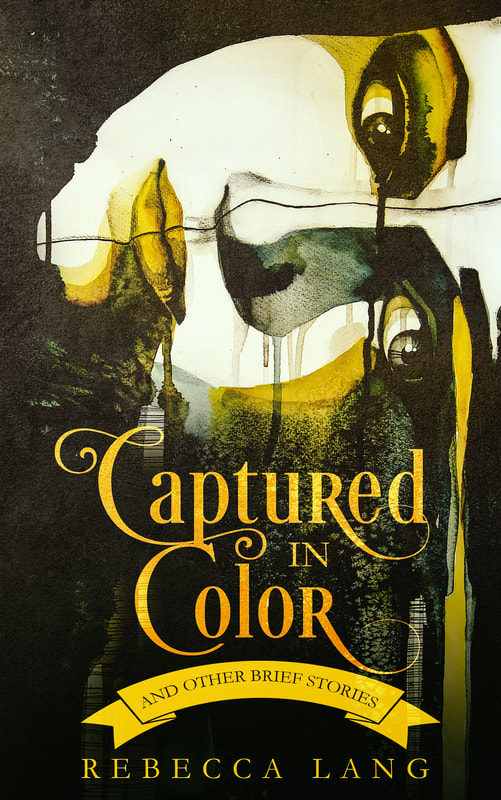
 RSS Feed
RSS Feed